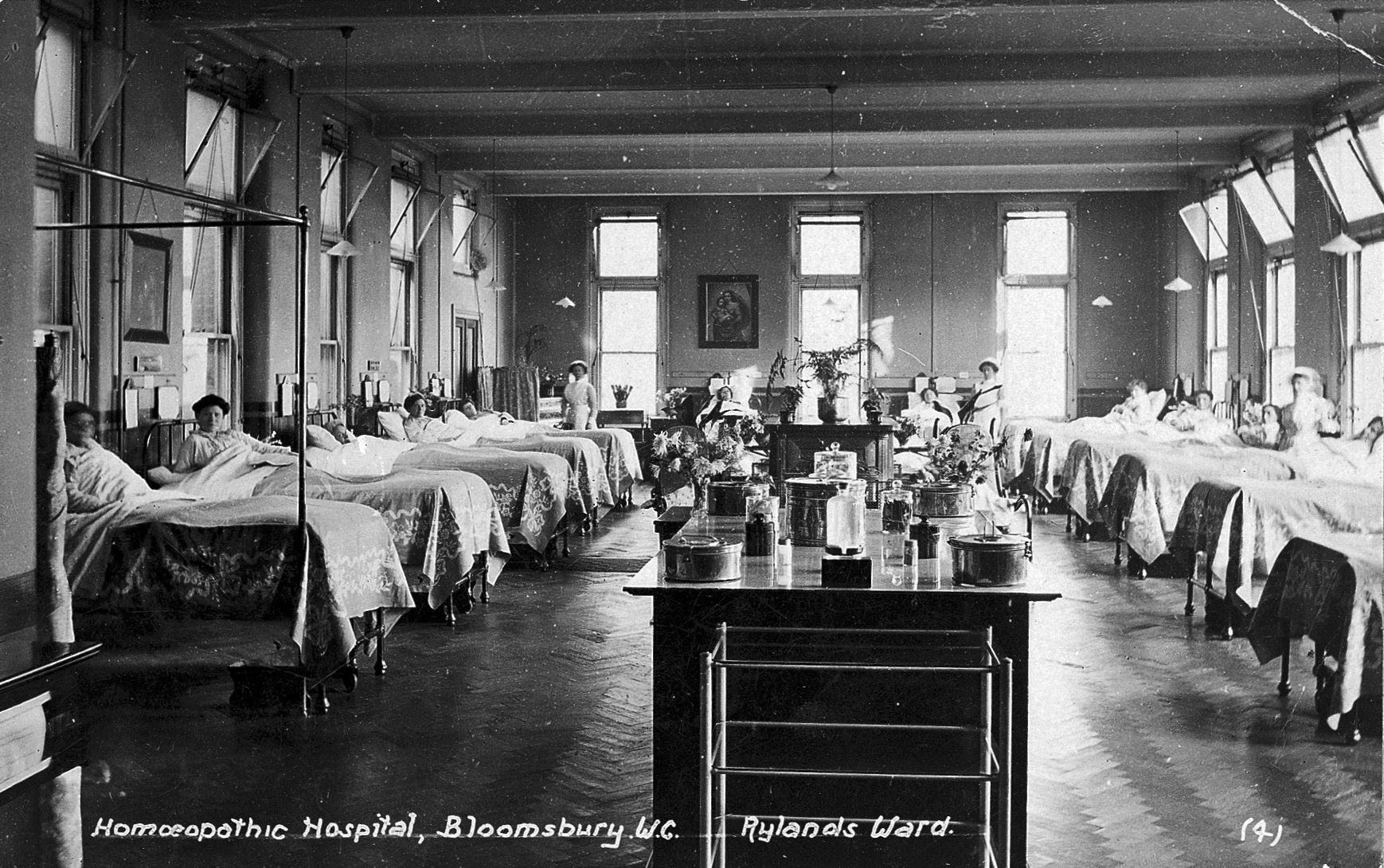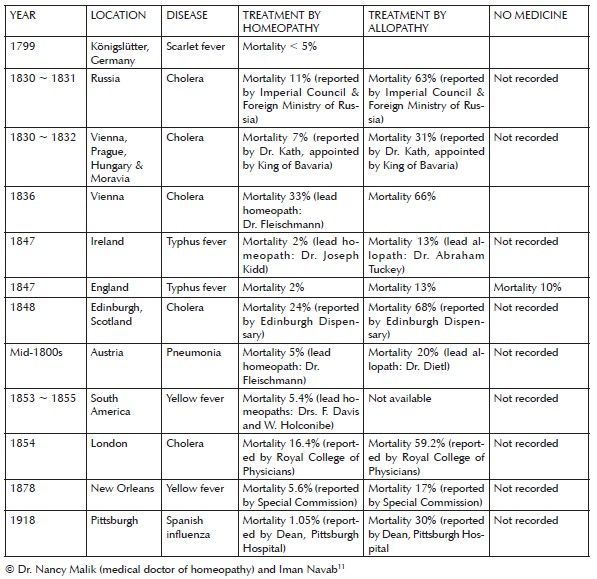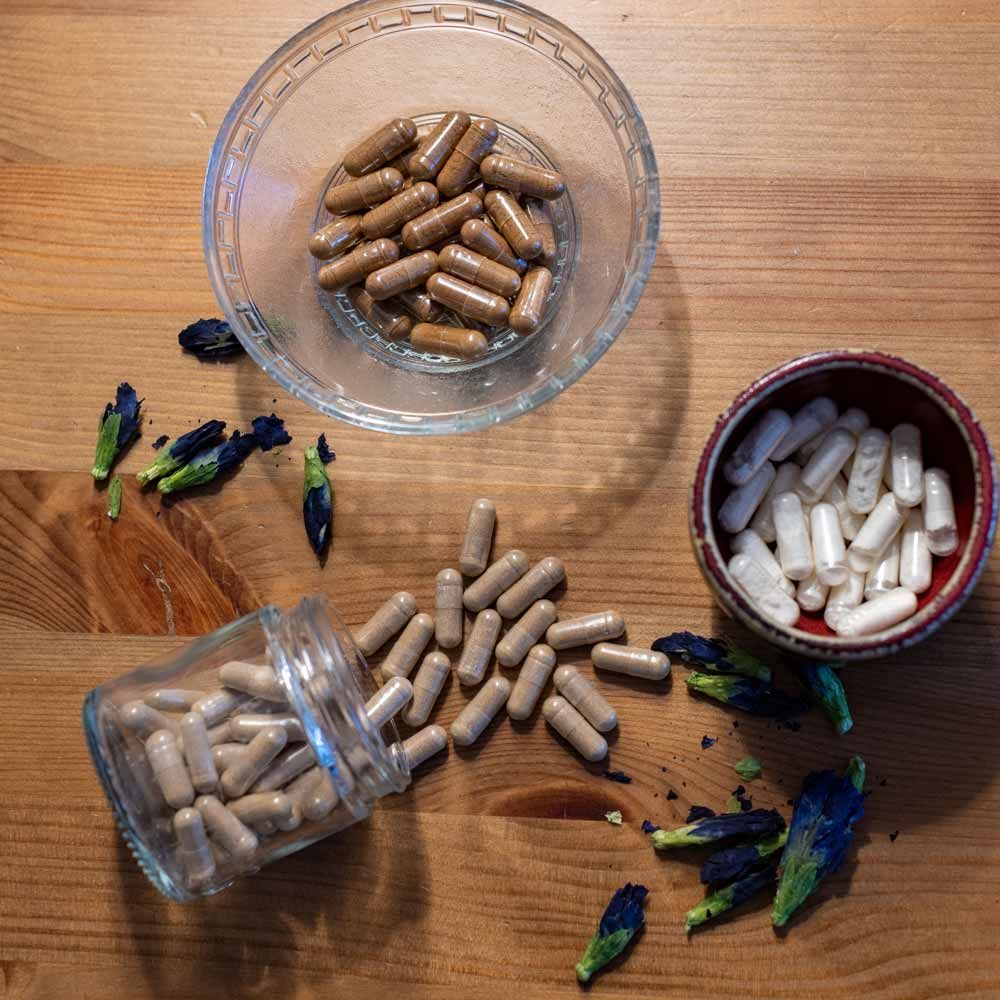Unraveling the History of Homeopathy

If I am to do this information justice, it’s important for us to go right back in time to get an understanding of how medicine has evolved and how the principles we still use today in medicine have evolved over time.
Hippocrates (470 - 400 BC). He was known as the ‘father of medicine’ and wrote about two methods of healing. The first was the law of contraries (opposites) which is used by allopathic doctors. Allopathic comes from the Greek “allos” - meaning “opposite” and “pathos” - meaning “to suffer”. The second was the law of similars. He went against the idea that disease was punishment from gods and instead thought that disease came from external causes. Hippocrates believed that the body had its own healing mechanisms and the role of the physician was to support and enhance these natural processes. He is credited with discovering the fundamental principle that is central to homeopathy: “Vis medicatrix naturae,” which translates to “the healing power of nature”.
Next came Paracelsus (1493 - 1541), who was a Swiss physician, alchemist and philosopher. He also challenged the medical practice of his time, which often relied on harmful substances like mercury and bloodletting. Paracelsus advocated for a more holistic and individualised approach to medicine. He believed that the body could be healed by introducing substances that mimic the symptoms of illness. He famously stated “what makes a man ill also cures him”. Whilst being accused of advocating lethal poisons, Paracelsus was extremely careful with dosing and found that a small dose was enough to cure great disease. However, because he was still using poisons such as mercury, there were some side effects for some people. He also only used one medicine at a time which is important because allopathic medicine didn't like the idea of using one medicine at a time. Germ theory was something else Paracelsus predicted which furthered Hippocrates' thought that disease was caused by external factors. Paracelsus stated that the external causes were introduced to the body through food and drink and air which would then grow in certain parts of the body, weakening the vital force.
Samuel Hahnemann (1755 - 1843), a German physician, built upon the ideas of Hippocrates and Paracelsus. He started as a doctor in the medical profession but, like Paracelsus, couldn’t bear to keep doing more harm than good using things like mercury and bloodletting so he left the profession. Hahnemann began exploring the concept of “like cures like” after translating a medical treatise on cinchona bark; now known in homeopathy as China. He tested the theory on himself by taking china, which at the time was the treatment for malaria. He experienced all the symptoms of mild malaria and through this he discovered that the same remedy that could cure a sick person with malaria would produce the same symptoms in a healthy person. With this discovery he began testing or in homeopathy it is known as 'proving' which was the procedure whereby he took remedies to see what symptoms it would bring up and then recorded these into a Materia Medica in a systematic manner. This is where homeopathy vastly differs from any other medicines as it is based directly upon the symptoms which the patient presents with. In saying this, two patients might come in with the same "dis-ease" and leave with two different remedies because they have a different symptomatic picture.
Homeopathic Hospitals
Homeopathy gained popularity quickly due to the unethical practices of allopathic medicine during the 1800’s and grew more popular again during the cholera pandemic. In 1832, the first homeopathic hospital was established and soon enough there were homeopathic hospitals all over Europe. Homeopathic hospitals were seeing better outcomes than allopathic medicine and Hahnemann discriminated against no-one. He would see anyone and everyone. Those who could afford to pay would be seen in the day and those who couldn’t afford it would be treated after hours for free. The American Institute of Homeopathy (A.I.H.) was formed in 1844 by Constantine Hering to help set standards for homeopathic practitioners. Due to its rising popularity, there was concern individuals would take advantage and pass themself off as homeopaths which could damage the reputation of homeopathy due to malpractice which is why the A.I.H. was formed.
Allopathic doctors were becoming increasingly concerned with the growing popularity and success of homeopathic medicine and in 1847 the American Medical Institution was formed to help set standards and ethical practices during the time of medical and scientific advancement alongside trying to outdo the homeopathic society.
Now let’s detour for a second to talk about John D. Rockefeller who was known as “the richest man in modern history”. He was a big fan of homeopathy and stated that “homeopathy is a progressive and aggressive step in medicine”. However, in the early 1900’s vitamins and minerals were discovered in the body and they worked out they could synthesise these to sell as supplements with the use of petrochemicals and petroleum bases. Rockefeller could now not only make money from the oil industry but now was able to use it in over the counter drugs and synthesised vitamins. The only thing in his way was the popularity of natural medicines such as homeopathy, essential oils, chiropractic and herbal medicines. So in 1910 the Rockefeller and the Carnegie Foundations funded the famous Flexner Report. The Flexner report was aimed at reducing hospitals that didn’t fit “scientific standards” and increasing the standards of medical practitioners. The Flexner report proposed the idea that to work as a medical professional an individual had to study at a “Gold Standard” medical school which the American Medical Institute approved. The Flexner report categorised all hospitals as to whether they were fit to continue practicing and recommended many hospitals close due to not meeting requirements. Homeopathy was not fully understood by scientists and so all homeopathic hospitals were shut down and many homeopaths were forced to stop practicing.
Homeopathic Success in Epidemics
During the 19th century, there was a rise in epidemic diseases such as cholera, flu pandemic, yellow fever etc. Homeopathic hospitals were up and running by this stage and homeopaths were able to successfully see and treat patients with minimal deaths compared to those who sought conventional medicine. Unfortunately, their success was not recognised but instead met with hostility and anger causing a decrease in the number of homeopaths that practiced and some were fired and replaced by medical practitioners who were strongly against homeopathy.
To treat an epidemic disease, it’s important to get an understanding of the totality of symptoms in order to find the remedy best suited to that disease. The remedy that is suited to the totality of a case or disease is called a similimum. Samuel Hahnemann writes about this in relation to epidemics in the
“Organon of Medicine”.
Below is a table taken from
Weston A. Price comparing the success of homeopathic vs. allopathic treatment during epidemic diseases.

As you can see, homeopathy had higher success rate with less deaths and side effects. It was the number one leading form of medicine before the Flexner report came out funded by two foundations who had strong interests in conventional medicine being the main form of medicine.
Celebrities who use and have used homeopathy
Mahatma Ghandi - "Homeopathy cures a larger percentage of cases
Paul McCartney - "I can't manage without homeopathy. In fact I never go anywhere without my homeopathic remedies. I often make use of them."
David Beckham - When he broke his foot in the 2002 world cup, he used homeopathy as part of his treatment and he is now a big fan. In particular of Arnica which is used for inflammation.
Lindsay Wagner - "If I was not an actress, I would be a homeopathic doctor."
The royal family are avid users of homeopathy. King Charles lll is a supporter of natural remedies and his mother, Queen Elizabeth was known to always travel with her leather homeopathic first aid kit of over 60 homeopathic remedies.
Tina Turner - Used it as part of her treatment for tuberculosis. "Life in the fast lane wore me down, changes in my diet and homeopathy saved me".
Rockefeller first used homeopathy before he began funding allopathic medicine. He and his family were known to use homeopathic remedies throughout their life even after they sought to destroy natural medicines. He lived up until the ripe age of 99. He quoted "Homeopathy is a progressive and aggressive step in medicine".
I have provided references below and strongly encourage you to do your own research around this and come to your own decision.
If you’d like to join our email list to receive further communications around health and wellbeing and to be notified of our blogs that go up, please leave your e-mail
here.
References
American Institute of Homepathy [AIH]. (1994). History of AIH - Our Heritage - Our Future. https://homeopathyusa.org/history-of-aih-our-heritage-our-future/
American Medical Association [AMA]. (n.d.). AMA History. https://www.ama-assn.org/about/ama-history/ama-history#:~:text=Founding%20of%20the%20AMA,-An%201845%20resolution&text=Nathan%20S.,the%20goals%20of%20the%20AMA.
B. R. Sur. Homeopathic Medical College, Hospital and Research Centre. (n.d.). History of Homeopathy. https://shmch.delhi.gov.in/en/shmch/history-homeopathy#:~:text=Homeopathy%20had%20a%20large%20impact,compared%20to%20their%20allopathic%20counterparts.
Cooney, T. (2020). Understanding the role of homeopathy in epidemics. https://ivcjournal.com/homeopathy-epidemics/
de Farias Morais, G. C., de Oliveira Campos, D. M., da Silva, M. K., de Oliveira, C. B. S., da Silva Junior, E. D., Fulco, U. L., & Oliveira, J. I. N. (2023). Beyond pharmaceuticals: The untapped potential of homeopathy in the battle against COVID-19. Explore (New York, N.Y.), 19(6), 868–870. https://doi.org/10.1016/j.explore.2023.04.002
Duffy, T. P. (2011). The Flexner Report - 100 Years Later. https://www.ncbi.nlm.nih.gov/pmc/articles/PMC3178858/#:~:text=Its%20aims%20included%20several%20goals,scientific%20base%20of%20American%20medicine.
Leary B. The homoepathic management of cholera in the nineteenty century with special reference to the epidemic in London, 1854. Med Ges Gesch. 1997;16:125-44. PMID: 11623647.
Meridian Health Clinic. (2019). How Rockefeller Created the Business of Western Medicine. https://meridianhealthclinic.com/how-rockefeller-created-the-business-of-western-medicine/
Nayak, D., Gupta, J., Chaudhary, A., Singh, K. G., Deshmukh, A., Das, D., Saha, A., Kumar, D., Kumar, A., Goenka, A., Mishra, S. K., Gupta, S., & Khurana, A. (2022). Efficacy of individualized homeopathy as an adjunct to standard of care of COVID-19: A randomized, single-blind, placebo-controlled study. Complementary therapies in clinical practice, 48, 101602. https://doi.org/10.1016/j.ctcp.2022.101602
Negro, F. E., & Marino, F. V. (2021). Homeopathy in Epidemics: From Cholera to 1918 Spanish Flu (Part 2). OBM Integrative and Complementary Medicine 2021, 6(4). doi:10.21926/obm.icm.2104045
Peter, J. (n.d.). A review on epidemic success of homeopathy. http://www.venkathomoeo.org/vhmc_articles/article006/
Pomeroy, R. (2018). 1910: The Year American Medicine Changed Forever. https://www.realclearscience.com/blog/2018/11/08/1910_the_year_american_medicine_changed_forever.html
Potency 710. (n.d.). How John D. Rockefeller Influenced Modern Medicine. https://www.potency710.com/how-john-d-rockefeller-influenced-modern-medicine/
Stahnisch, F. W., & Verhoef, M. (2012). The flexner report of 1910 and its impact on complementary and alternative medicine and psychiatry in north america in the 20th century. Evidence-based complementary and alternative medicine : eCAM, 2012, 647896. https://doi.org/10.1155/2012/647896
The School of Homeopathy. The Organon. https://www.homeopathyschool.com/the-school/editorial/the-organon/
Whatcott, C. (2021). The History of Homeopathy in Epidemics. https://www.westonaprice.org/health-topics/homeopathy-epidemics-history/#gsc.tab=0











